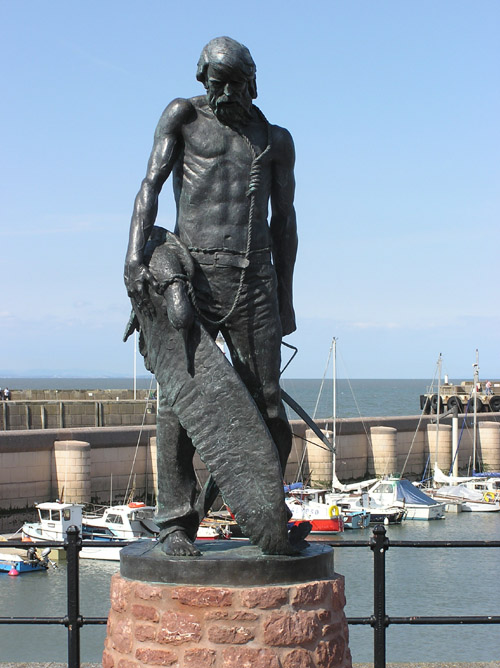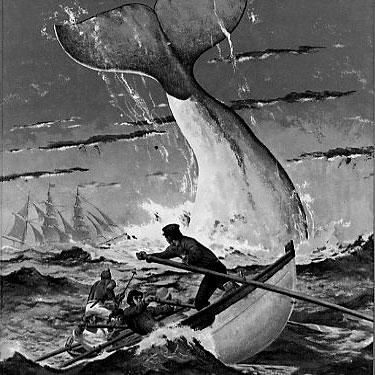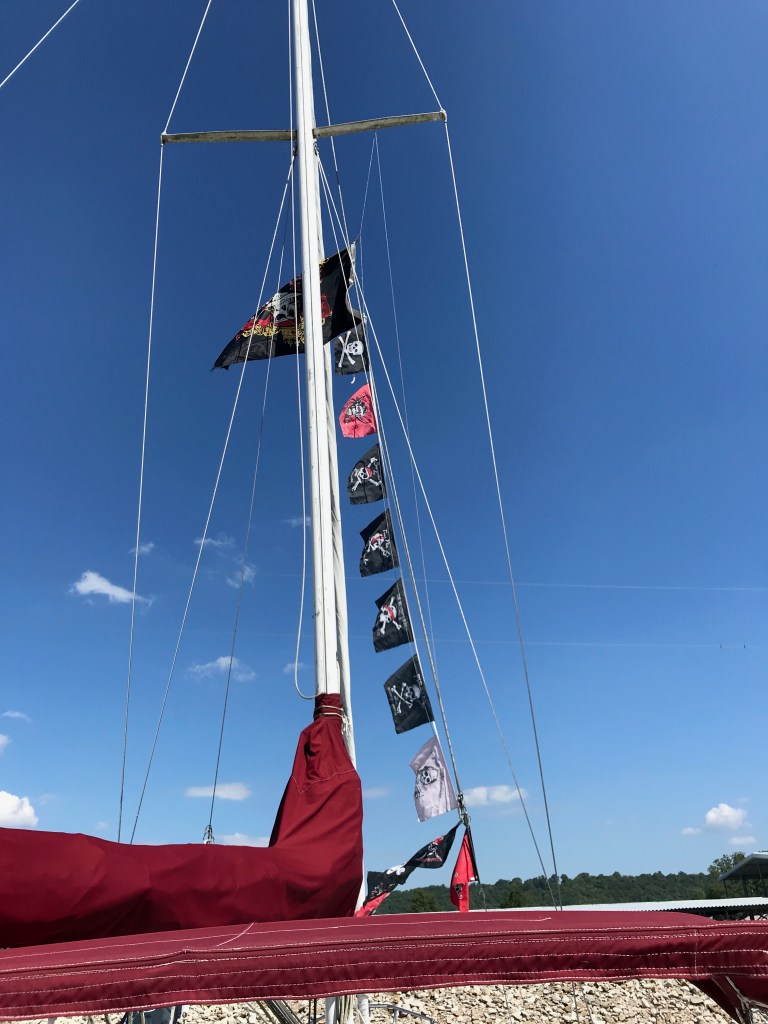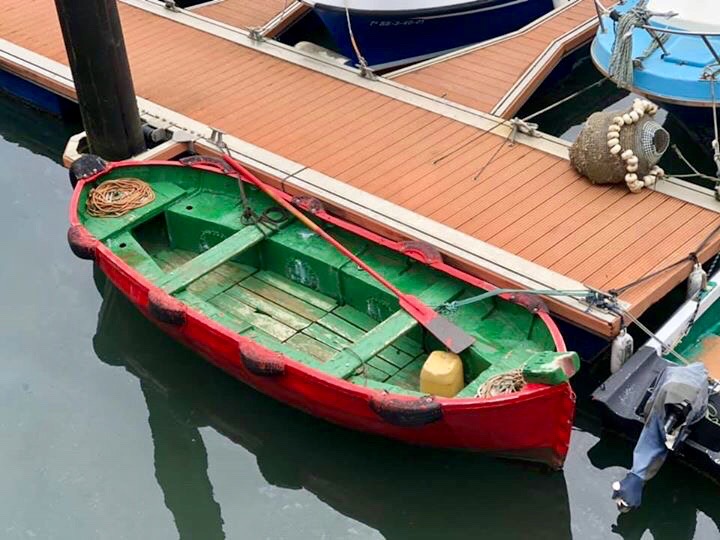
Photo JAL
The month of March is gauged by the comings and goings of lions and lambs. Wild and domestic animals are metaphors for unpredictable weather that randomly doles out sleet and daffodils. March holds one of the two days of the year when day and night are able to achieve perfect balance during a moment of equity. One wouldn’t know this by tracking the daily temperatures or temperament of people right now. Lions and wildebeests seem to rule the world as we watch winter’s ebb and spring’s rise from the inside of our home windowpanes.

Wickford Cove.
Getting a little fresh air has been the universal antidote for many maladies. That’s not a do-able prescription for folks right now. Our world view has tipped far from its equinox. Shelter in place doesn’t mean “put your beach umbrella just above the tideline”. We can learn a bit from wooden ships and be healthy this spring.
Wooden ships are made to float and traverse the sea with the aid of fair and furious winds. But, the part of the ship that’s right above and just below the waterline is exposed to air and water as the ship rolls in the waves. That is the most vulnerable area in time of war and the worst possible area to get hit by a cannon ball. Being hit by just a single cannon ball can cause a world of hurt – serious damage to the ship and potential loss of ship mates.
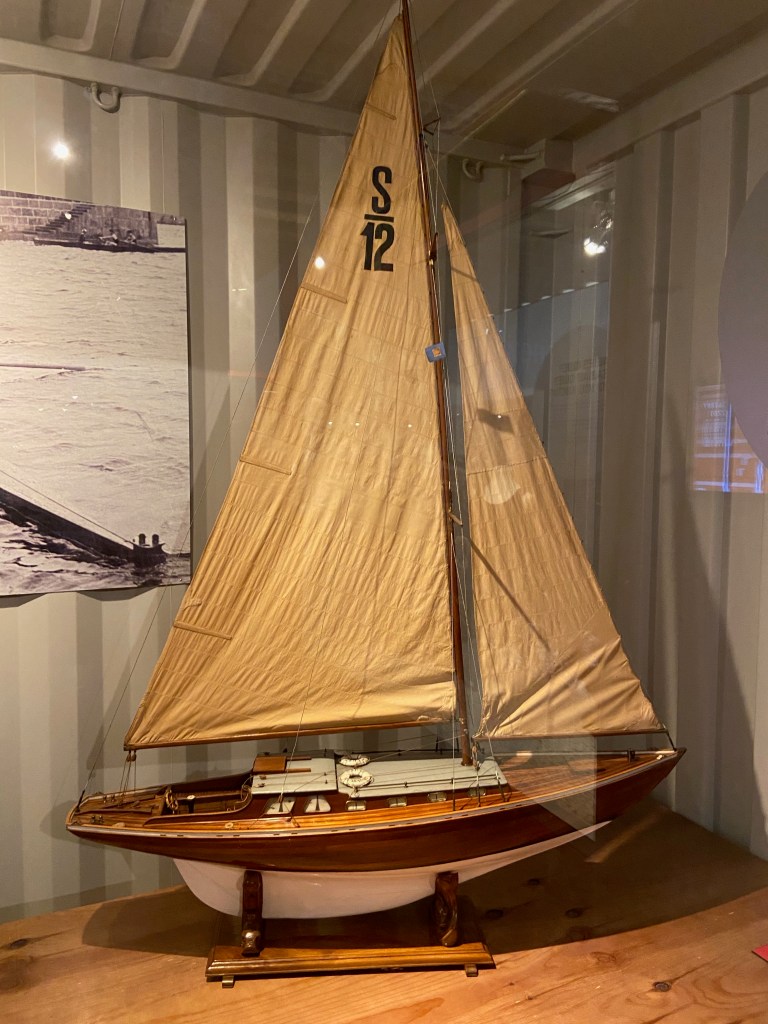
Such are sea stories – a breath of fresh air can trigger an adventure while still air fouls a ship in the doldrums – and everyone goes mad. A tale begins on the tip of a butterfly’s wing that disrupts a drop of air. A benign flutter triggers the forces of chaos. An innocent bit of breeze is whipped into a hurricane that blows the man down.
Sometimes we have to avoid frightening tales and turn to comforting stories about things like wildebeests. When fighting invisible enemies we don’t want to stay awake at night worrying about getting sunk by cannon balls. Some stories seem scary at first. Just the word wildebeest looks ominous, but in reality, these are just gentle vegetarians related to antelopes. We don’t need fear to be entertained. Wildebeests aren’t central characters in sea yarns because, first of all, they can’t swim. Next, they aren’t predators. Still, there are lots of interesting stories about wildebeests. These placid African animals don’t know they aren’t swimmers until they try, by the thousands, to cross rivers. To the delight of other animals, they drown. Who gnu? Crocodiles who dine on freshly drowned wildebeests. To a whole bunch of animals this is a happy story of filled bellies during the flood season.

Take a break from tragic adventures and sad gnus for a bit. Sailors depend on rope to adjust sails because the wind can’t be tamed. Sailors also know that ropes can only take a limited amount of strain over long periods of time. There aren’t any ropes that can bear heavy loads forever without apparent wear and tear. Sooner or later the fibers fray and loose ends dangle off the winches. Danger strikes without warning when the rope (line) snaps. A sail can break loose, the booms swing free and crack skulls, crew get tangled and fall overboard.
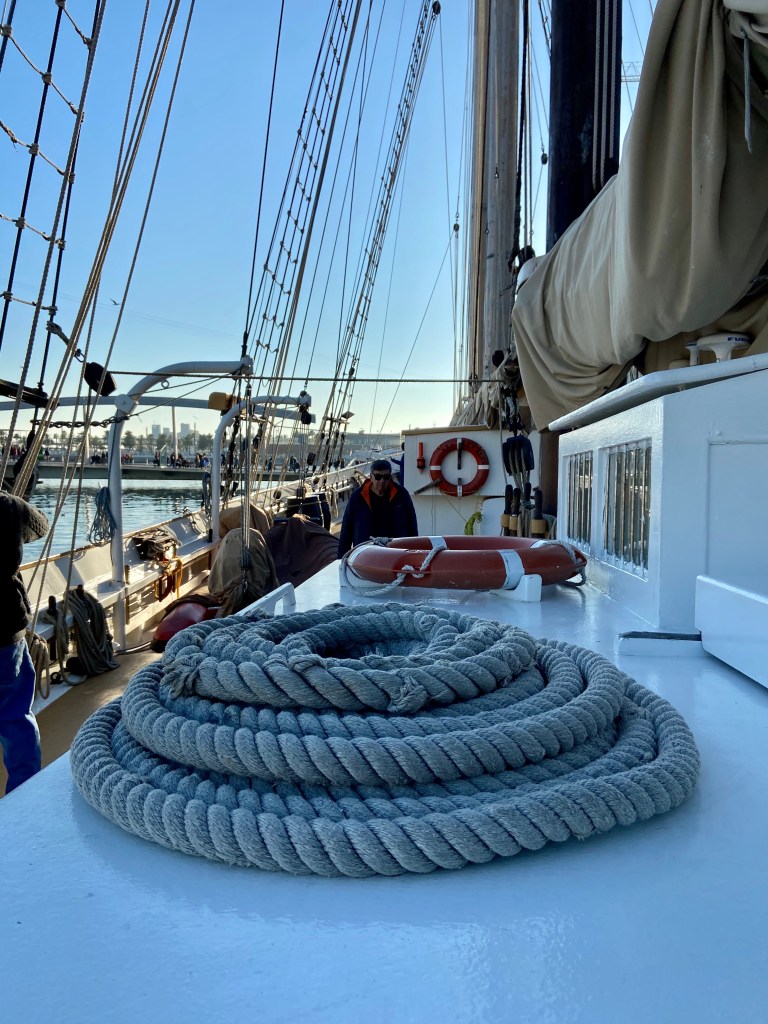
Port of Barcelona. Photo by JAL
Let’s tend to our ropes and lines as we march towards April. Use the extra hour of day to balance our minds between panic and prudence, fears and confidence, common sense and unnecessary risk. Set aside tales of shipwrecks and relax with calming stories that celebrate the simple things in life. Ignore the gnus and the lions. Cuddle with your favorite lamb.

